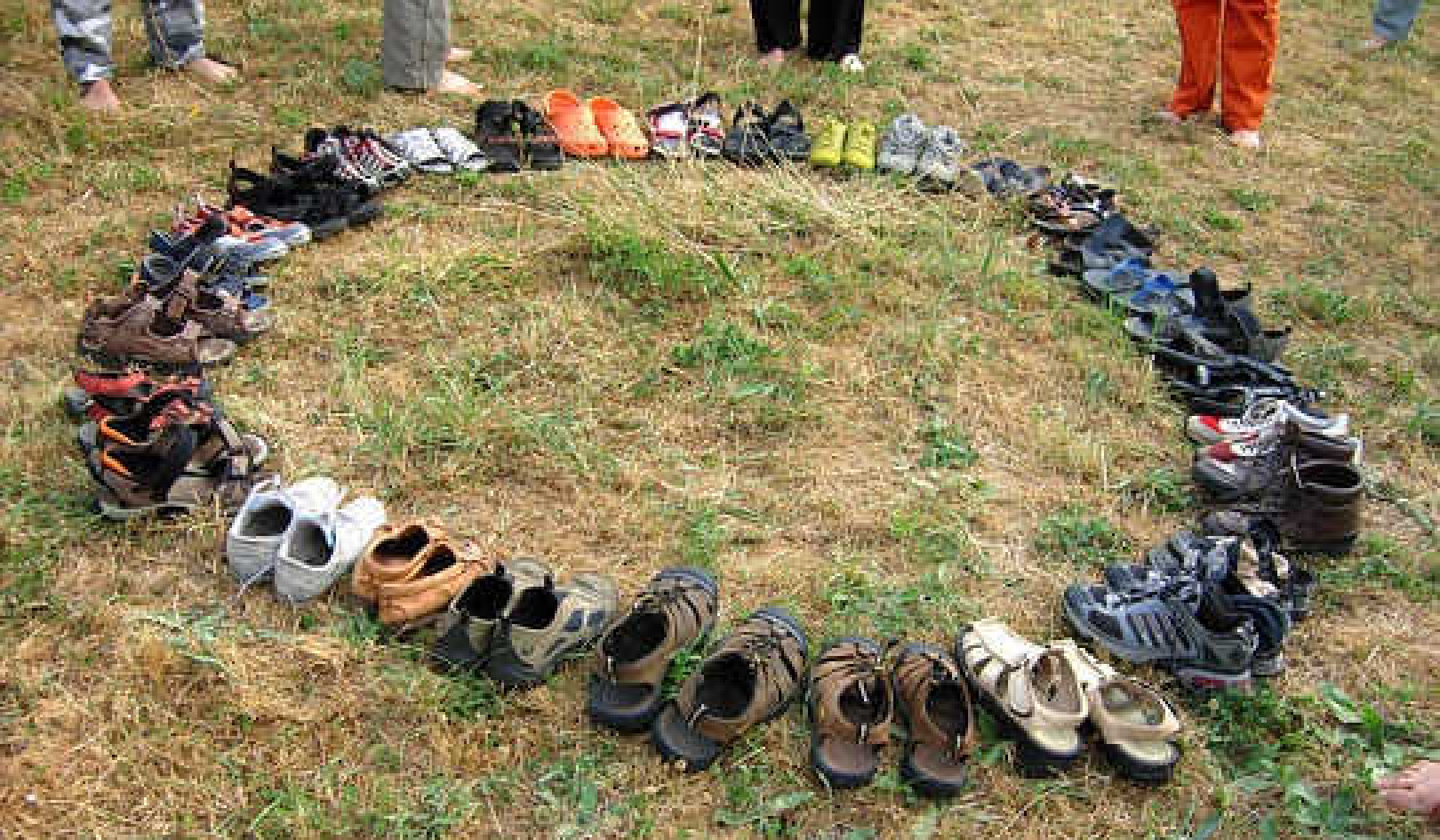
Child in a car seat via Shutterstock. CC BY-SA
The deaths of twins in the backseat of their father’s car is yet another reminder of how tragedies can occur when the brain goes into an autopilot mode and loses awareness of crucial events.
In the past 20 years, more than 800 children have died after being forgotten in cars that became so intolerably hot the children died or suffered brain damage from heatstroke.
Penalties can be severe for parents and caregivers who forget children in cars. A mother and her daughter, owners of a childcare center in New Mexico, were sentenced to 36 years in prison after being found guilty in causing the death of one child and the injury of another when they forgot the two children in their car. Dozens of other parents have been charged with manslaughter, and even murder, after forgetting children in their cars.
I have been studying the brain and memory since 1980. I have spoken with many parents who have lost children. I heard the gut-wrenching 911 calls they made after their child was found dead. I have realized that, in the vast majority of cases, this was not the act of uncaring or negligent parents.
Memory systems of the brain compete

The brain’s memory centers. Author provided,
As a neuroscientist, I have studied this phenomenon from neurobiological and cognitive perspectives. I have interviewed parents, studied police reports, served as an expert witness in civil and criminal cases and contributed to media segments and documentaries on the topic.
Based on my research and my expertise, I have developed a hypothesis as to how this tragedy occurs. This type of memory failure is the result of a competition between the brain’s “habit memory” system and its “prospective memory” system – and the habit memory system prevails.
Prospective memory refers to the planning and execution of an action in the future, such as planning to take a child to daycare. Habit memory refers to tasks that involve repetitive actions that are performed automatically, as in routinely driving from one location to another, such as from home to work.
Prospective memory is processed by two brain structures, the hippocampus, which stores all new information, and the prefrontal cortex, which is essential to making plans for the future. The hippocampus provides access to one’s awareness that a child is in the car. The prefrontal cortex enables a parent to plan a route, including the plan to bring their child to the daycare, rather than to drive straight to work.
The habit brain memory system is centered on the basal ganglia, which enables people to perform repetitive tasks automatically. Examples of habit memory abound in our daily lives, including tasks such as riding a bike or tying shoelaces. It also applies in regard to children unknowingly left in cars. When we repeatedly drive along a fixed route, as between home (or other typical start locations) and work, habit memory can supersede plans stored in our prospective memory.
A suppression of prospective memory caused by the dominance of the brain’s habit memory system is an almost daily occurrence. It happens, for example, when we forget to interrupt a drive home to stop at the store for groceries. In this case, the habit memory system takes us directly home, suppressing our awareness (prospective memory) that we had planned to stop at the store.

Sticky notes offer a low-tech solution. Author provided,
The magnitude of prospective memory failures, however, is not always so benign as forgetting to buy groceries. There are documented examples of memory-related tragedies: pilot memory failures are a significant threat to flight safety, police officers forget their loaded guns in public restrooms and service dogs have died of hyperthermia after they were forgotten in cars.
Therefore, our flawed prospective memory puts those we love at risk. This is especially true when we assume that precautions are not necessary because such tragedies happen only to negligent parents. The evidence is clear that this assumption is wrong.
Change in routine, stress contribute to lapses
Although each case is different, the cases tend to share factors in common that contribute to children being left in cars: a change in the parent’s routine that leads him or her to follow an alternate, but well-traveled, route; a change in how the parent interacted with the child during the drive, such as when a child might have fallen asleep en route; and a lack of a cue, such as a sound or an object associated with the child – for example, a diaper bag in plain view.
Typically, there was a choice point during the drive where the parent could go to daycare or to another a destination (usually work or home). At that choice point the parents report having lost awareness that the child was in the car.
Parents who have forgotten their children in cars often report stressful or distracting experiences before or during the drive. Many also report sleep deprivation.
The stress and sleep deprivation factors are important, as they are known to bias brain memory systems toward habit-based activity and to impair prospective memory processing. Ultimately, all or a subset of these factors have caused parents to follow a well-traveled route, controlled by their brain habit memory system, that did not include stopping at the daycare.
In theory, therefore, activation of the habit memory system suppressed their prospective memory system. This caused them to lose awareness of the presence of their child in the car.
A universal observation I have made is that each parent’s brain appears to have created the false memory that he or she had brought the child to daycare. This scientific anomaly explains why these parents went about their routine activities, which even included telling others that they needed to leave work on time to retrieve their child from daycare. Having this “false memory” caused them to be oblivious to the fact that their child had remained in the car all day.
I do not think that incarcerating parents for the deaths of their children in many of these cases is appropriate. The hijacking of prospective memory by habit memory, and the parent’s loss of awareness of a child’s presence in the car, is a tragic way for us to learn how the brain can malfunction when it is in “memory multi-tasking mode.” There is no indication in the cases I have studied that these parents demonstrated an act of willful recklessness or gross negligence for the child’s welfare.
Finally, how do we stop this tragedy? The first step is to accept that human memory is faulty and that loving and attentive parents can unintentionally leave their children in cars. Many strategies have been suggested, such as using a phone app linked to an occupied car seat, but most people refuse to take any precautionary measures because they believe this could never happen to them, a potentially fatal mistake.
Some progress has been made by General Motors, which has developed a child reminder system for its cars. Although I applaud GM’s efforts, they have chosen to apply this lifesaving technology to only one of their models. To ensure that no more children will die in hot cars, it is urgent that legislation mandates that a child reminder system be standard equipment in all cars.
About the Author
David Diamond, Professor of Psychology, Molecular Pharmacology and Physiology, Director, Neuroscience Collaborative Program and Center for Preclinical and Clinical Research on PTSD, University of South Florida
This article is republished from The Conversation under a Creative Commons license. Read the original article.

Related Books:
Here are 5 non-fiction books on parenting that are currently Best Sellers on Amazon.com:The Whole-Brain Child: 12 Revolutionary Strategies to Nurture Your Child's Developing Mind
by Daniel J. Siegel and Tina Payne Bryson
This book provides practical strategies for parents to help their children develop emotional intelligence, self-regulation, and resilience using insights from neuroscience.
Click for more info or to order
No-Drama Discipline: The Whole-Brain Way to Calm the Chaos and Nurture Your Child's Developing Mind
by Daniel J. Siegel and Tina Payne Bryson
The authors of The Whole-Brain Child offer guidance for parents to discipline their children in a way that promotes emotional regulation, problem-solving, and empathy.
Click for more info or to order
How to Talk So Kids Will Listen & Listen So Kids Will Talk
by Adele Faber and Elaine Mazlish
This classic book provides practical communication techniques for parents to connect with their children and foster cooperation and respect.
Click for more info or to order
The Montessori Toddler: A Parent's Guide to Raising a Curious and Responsible Human Being
by Simone Davies
This guide offers insights and strategies for parents to implement Montessori principles at home and foster their toddler's natural curiosity, independence, and love of learning.
Click for more info or to order
Peaceful Parent, Happy Kids: How to Stop Yelling and Start Connecting
by Dr. Laura Markham
This book offers practical guidance for parents to shift their mindset and communication style to foster connection, empathy, and cooperation with their children.
























